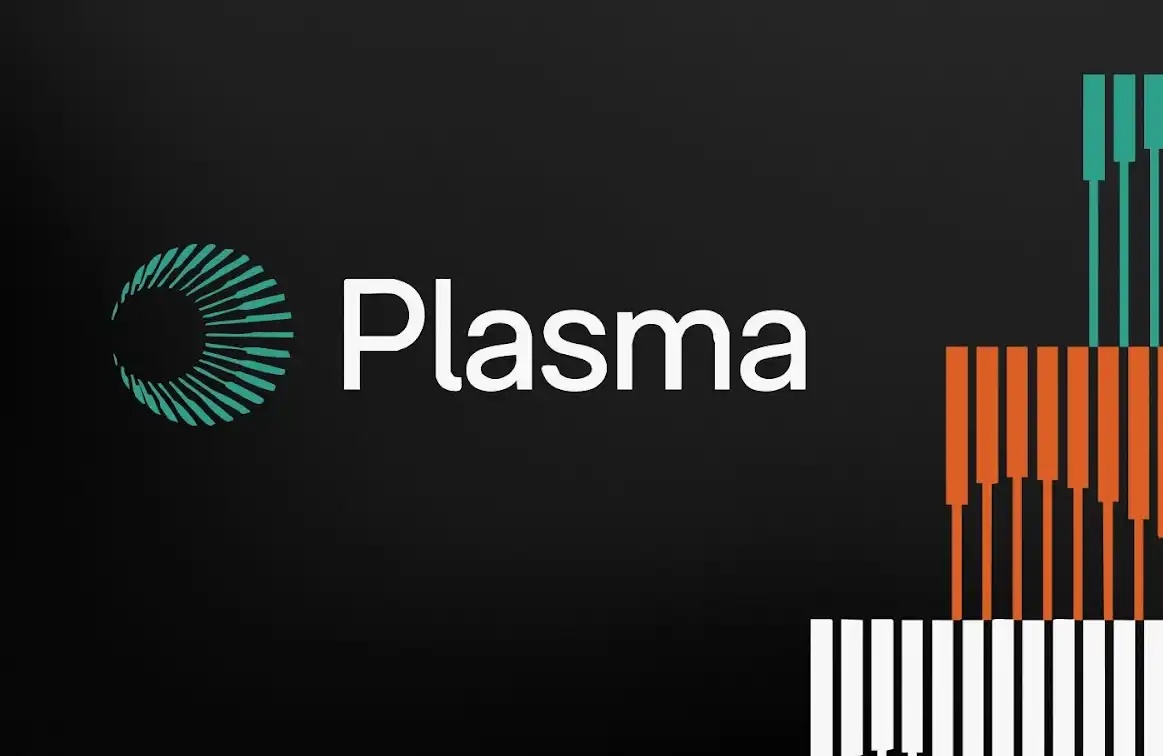Brevis is launching the Yapper Leaderboard event on Kaito AI, ushering in a privacy-first InfoFi new paradigm.
Source: Brevis
Today, Brevis announced the official launch of the Yapper Leaderboard event on the Kaito AI platform, aimed at rewarding community members who have actively contributed to discussions and dissemination of ideas related to zero-knowledge infrastructure. During the Brevis TGE, this event will allocate a significant portion of Brevis tokens to outstanding members based on their mindshare contribution.
Kaito's Yapper Leaderboard system will rank participants based on a mindshare algorithm that values high-quality content and genuine interaction rather than superficial traffic metrics. The platform will take into account voice share, relevance of discussions, and community engagement to identify true contributors rather than mere "farmers."
Innovation Highlights: On-Chain Privacy-Preserving Verification
For this event, Brevis has adopted a unique "dual-stage" mechanism that overcomes the limitations of traditional social reward systems.
Stage One: Similar to a standard Yapper Leaderboard event, Kaito's existing algorithm will rank participants based on their social mindshare contribution (including high-quality content, relevant discussions, and genuine interaction).
Stage Two: Introducing a bonus mechanism based on zero-knowledge proofs, participants' on-chain behavior will be considered in the scoring without compromising privacy. Leveraging Brevis's ZK technology, participants can prove their eligibility for a bonus score based on wallet history (such as early crypto users, DeFi experts, or long-term token holders) without revealing the link between their wallet and social accounts.
The system will generate zero-knowledge proofs to verify three elements: wallet ownership, eligibility for specific bonuses, and the accuracy of the bonus calculation. Importantly, the association between social identity and on-chain address remains fully private. Neither Kaito, Brevis, nor any third party can identify the specific wallet addresses corresponding to social accounts.
Eligible bonus credentials include but are not limited to: early crypto users, diverse DeFi protocol experience, long-term holding behavior, and on-chain activities within the Brevis ecosystem through partners like Linea, Usual, Euler, and others.
Collaboration with Kaito AI
The collaboration between Brevis and Kaito AI marks Kaito InfoFi platform's first introduction of privacy-preserving credential verification. In this partnership, Kaito provides the social mindshare and leaderboard infrastructure, while Brevis offers support for a privacy-preserving zero-knowledge proof authentication system, enabling privacy verification of on-chain behavior.
This collaboration showcases how the existing InfoFi platform integrates zero-knowledge proof technology to build a more advanced reward system, no longer forcing users to choose between privacy protection and fair recognition when assessing their social contribution and on-chain behavior.
The Kaito platform has established a leading position in the field of encrypted social influence verification, with its unique mindshare algorithm designed to reward valuable discussions rather than superficial interaction metrics.
Setting a New Standard for InfoFi
This event has set a new template for future reward distribution systems—a comprehensive evaluation of participants while protecting privacy. Traditional events often only measure social metrics or on-chain data, but rarely take both into account, let alone do so without exposing wallet addresses.
By combining social influence with zero-knowledge proof on-chain validation, this system overcomes the limitations of the current InfoFi model. Participants can receive rewards based on their true contributions—whether at the social level or on-chain behavior—without sacrificing privacy.
The event will run from the launch until Brevis's TGE, and this privacy-preserving approach will become an industry standard for evaluating and rewarding community contributions in crypto projects.
About Brevis
Brevis is an efficient, verifiable off-chain computing engine that provides almost unlimited computing power for smart contracts. Leveraging zero-knowledge proof technology, Brevis migrates data-intensive, high-cost on-chain computations to a low-cost off-chain engine, enabling Web3 applications to seamlessly scale while maintaining L1 trust security.
This article is contributed content and does not represent the views of BlockBeats.
Welcome to join the official BlockBeats community:
Telegram Subscription Group: https://t.me/theblockbeats
Telegram Discussion Group: https://t.me/BlockBeats_App
Official Twitter Account: https://twitter.com/BlockBeatsAsia


 Forum
Forum Finance
Finance
 Specials
Specials
 On-chain Eco
On-chain Eco
 Entry
Entry
 Podcasts
Podcasts
 Activities
Activities
 OPRR
OPRR







